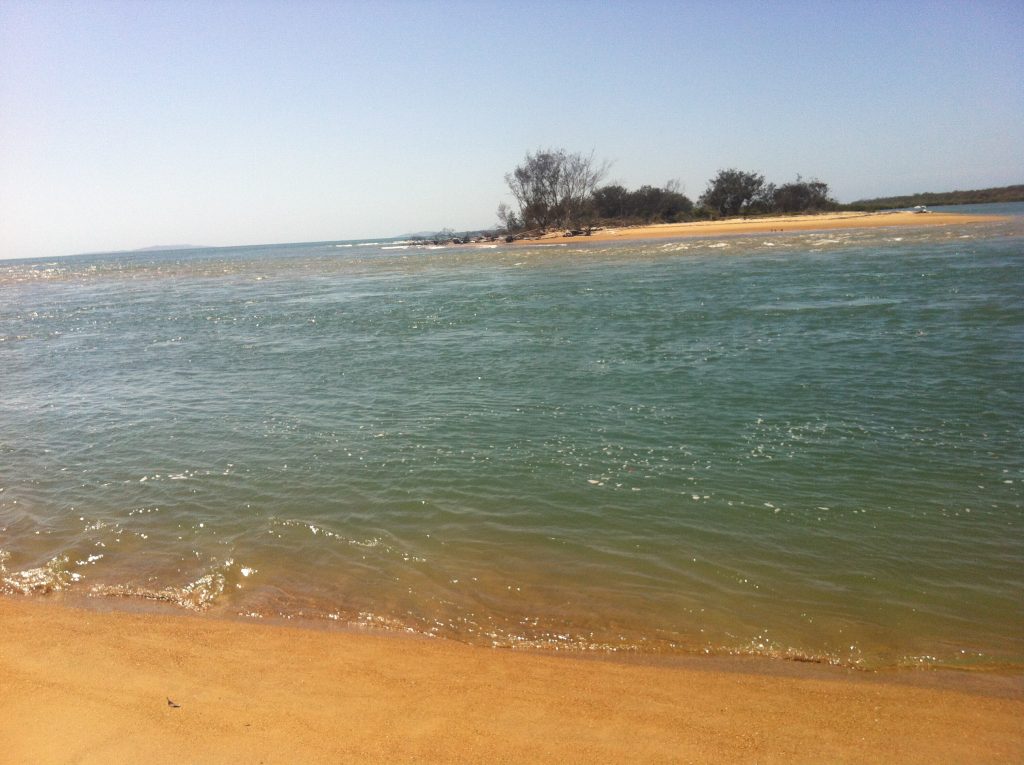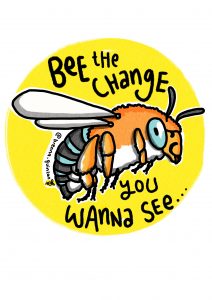Permaculture – Resources and Materials (inputs)
Get creative, connected and canny about the inputs into your systems.
Supply chains and unethical sourcing of materials have a huge impact on cost and our environment.
Inputs to your systems are necessary. It is hard to generate all the things you need to make life work.
Consider the permaculture ethics and your power when purchasing, supporting and promoting. Think about who made it and under what conditions.
Also think about what you can achieve. Be kind to yourself – you are doing what you can, that is enough for now.
Localisation is our agenda in sharing the links below. Add your local recommendations in the comments.

Seed Supply (Australia), Plants and Nurseries
Support your local independently owned nursery or neighbourhood grower first.
and check out these cool resources – https://www.diyseeds.org/en/films/
Materials, Tools
Visit Recycling Centres – in Australia we call them “Tip shops” (waste management centres or local outlets) and they can be treasure troves.
Borrow – Tool Library, Friends, neighbours – look after it, clean it and return it
Re-purpose – what do you have already that could be used to achieve what you need? Get creative. Make your own gorgeous! Search online for ‘repurposing’ to get ideas.
If you have to buy, try second hand shops first (aka aptly named, ‘Opportunity’ shops)
Trade – what do you have that others might want? stuff, skills, strength….
Mulch and Compost Materials
Check out the neighbourhood to scout out or ask for materials
Rake and pick up autumn leaves from friends yards, local parks, verges /footpaths of elderly neighbours
Green Manures – sow, grow, chop and drop
Get some chooks and do deep litter systems – time share the chickens (or other poultry) with friends to share the chores and eggs.
Ask around for friends and neighbour’s food scraps, lawn clippings and use these for compost – make it simple for them to drop off and add to your compost piles/bins or chook deep litter system.
Information and training
Check out the Permaculture and other education websites curated on the Permaculture. app.
Micro-learning by watching you-tube, vimeo or similar free platforms- also try to find someone local to show you as well.
Use your brain, it’s like exercising your muscles (only more amazing) – the more you use it, pour knowledge into it and share what you learn, the better your brain gets – and your world expands too.
Think – not everything you read, see or hear is true – exercise your judgement in a healthy way, think critically, check sources in multiple ways.
Connection
Link into your local networks e.g. neighbourhood clubs, groups like buy nothing groups or free cycle or neighbourly people.
Richness in life is about having connections i.e. true wellbeing is about being connected to others. Being rich is not just about having cash to buy stuff.
- Climate zone 1 – High humidity summer, warm winter
- Climate zone 2 – Warm humid summer, mild winter
- Climate zone 3 – Hot dry summer, warm winter
- Climate zone 4 – Hot dry summer, cool winter
- Climate zone 5 – Warm temperate
- Climate zone 6 – Mild temperate
- Climate zone 7 – Cool temperate
- Climate zone 8 – Alpine
The links on this page are not affiliated with Work Smith or Permaculture. app. Tell them we recommended you.
 Presentation for Reflection
Presentation for Reflection